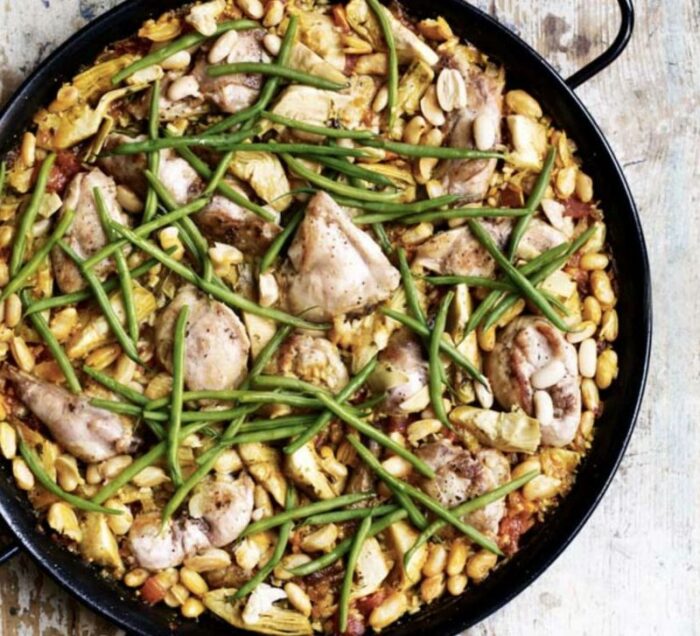How can you Eat Seasonally during the Winter?
With everything costing a little more these days, eating seasonally has never been as important. We look at how to eat seasonally with the fruit, vegetables and meat available in the uk – and why it can be better for you.
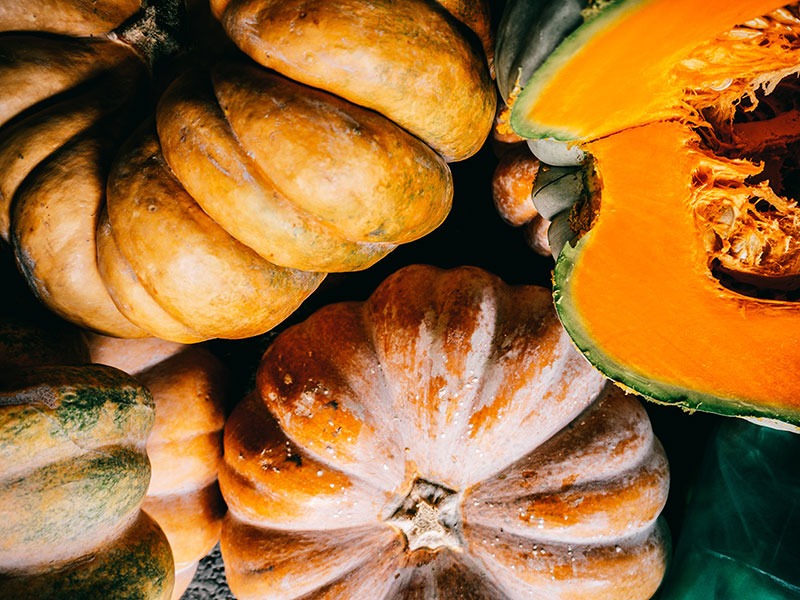
Here in the UK, how to eat seasonally isn’t something we generally consider. We’re spoiled when it comes to food choices. Avocados from South Africa, bananas from Egypt and bell peppers from Spain are all permanent fixtures on our supermarket shelves.
While it’s wonderful to have such variety at our fingertips, eating so conveniently has its drawbacks. It’s terrible for the environment – with deforestation, water pollution, reduced biodiversity and increased carbon emissions all linked to the global agriculture industry.
It can also negatively impact our bodies. In this article we’ll look at why this is, and how we could all benefit from simplifying our way of eating and aligning it with the seasons.
Nutritional value
You might notice that you’re hungrier in the winter. The food that’s available during this season matches your body’s needs. Butternut squash is a great example. The beta-carotene and Vitamin A it contains can give your immune system a much-needed boost during the colder months. And the Vitamin C in a cabbage does the same.
Unfortunately, the intensive farming methods needed to grow mass quantities of food can reduce its nutritional content, because crops don’t have enough time to naturally develop. The pesticides and chemical fertilisers used in this type of farming have also been linked to health concerns in humans and animals.
Chemicals are often used to preserve intensively-farmed food in transit and delay ripening. Fruit may be coated in an edible wax like shellac, which is not vegan. While other fresh produce may have been treated with chlorine-based solutions, ethylene or 1-methylcyclopropene, which have been known to cause adverse reactions in humans.
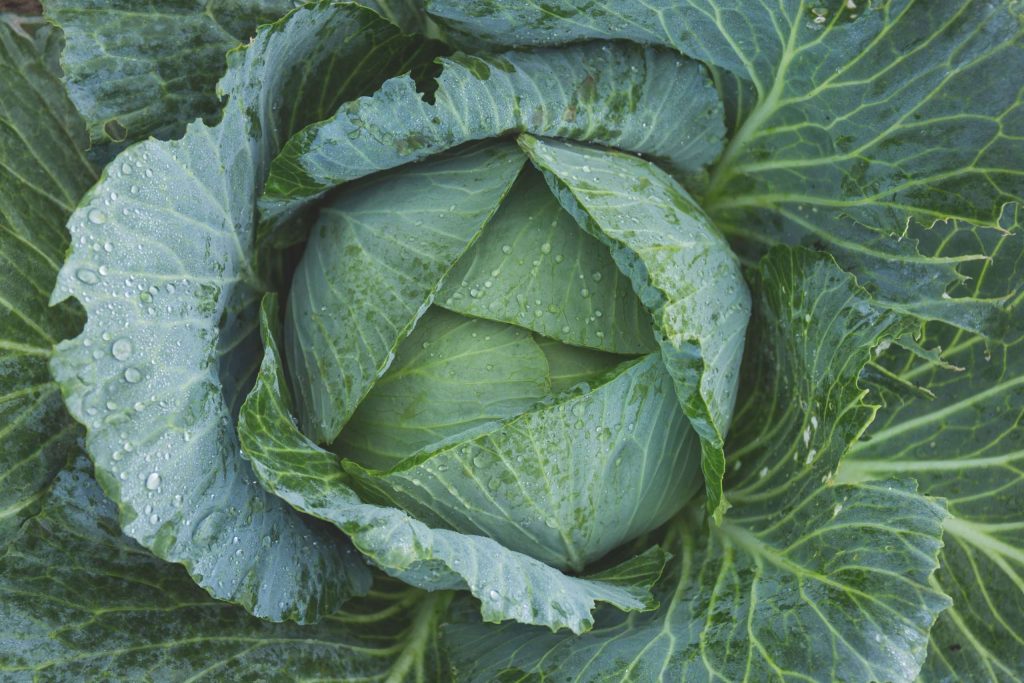
Better taste
You may have noticed that vegetables you find in a local farm shop often taste better than those you buy from a supermarket.
The goal of larger farms is to produce a high volume to meet a high demand. Unfortunately, the need for quantity and appearance are prioritised over taste. Selective breeding favours uniform ripening and shelf-life over flavour, leading to lacklustre produce.
The quality and taste of imported produce also deteriorates on its way to the UK, despite the use of chemicals to prevent decomposition. On the other hand, naturally grown fruit, vegetables, meat and fish that have been farmed locally and in season are typically full of flavour.

Kinder to the planet
Intensive farming negatively affects every aspect of the land, from biodiversity to pollution, and consumes roughly 69% of the planet’s freshwater. Overproduction can also drive down prices and keep the farmers and producers in an impoverished state.
So the combination of seasonal and local is better for everyone. Take a look at tomatoes. They’re in season in the UK between June and October. In these months, if you shop locally they may have been grown just down the road. By buying them, you’re also contributing to your local economy.
Conversely, UK supermarkets imported 33.68% of their tomatoes from Morocco in 2021. The rest came from Spain and the Netherlands. While this means you can buy them from January to December, it puts 1000s more air miles and fuel emissions on them.
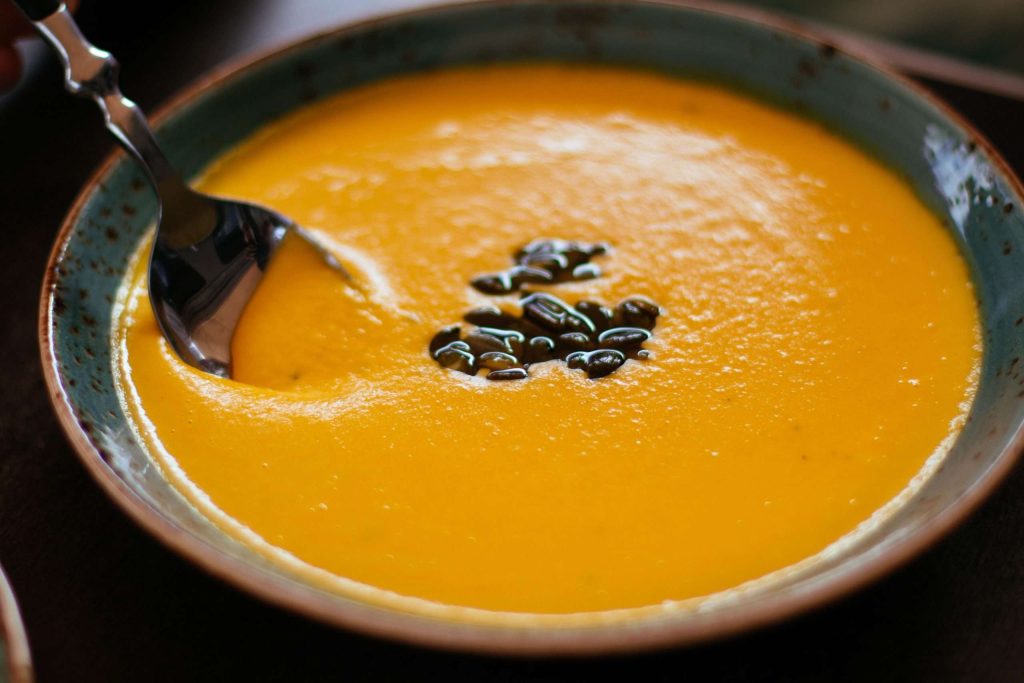
Which seasonal food is available?
Of course, where you live in the world makes a difference to what will be available. In the UK, tasty and nutritious root vegetables are abundant in the winter months, along with lots of leafy greens. These make the perfect ingredients for heartwarming dishes, stews, soups and bakes. This is some of the seasonal produce to look for.
Vegetables
Artichoke, beetroot, Brussels sprout, butternut squash, cabbage (red, savoy and white) carrot, cauliflower, celeriac, celery, horseradish, Jerusalem artichoke, kale, kohlrabi, leek, wild mushrooms, onion, parsnip, potato, pumpkin, salsify, shallot, swede, Swiss chard, turnip, watercress, winter squash.
Fruit
Apple, chestnut, clementine, cobnut, cranberry, elderberry, pear, quince.
Meat
Choose organic, sustainable-sourced and free-range meat options that are in season. These are usually the more expensive options. But you could stretch your budget by working in at least two meat and fish-free meals a week. Wholegrains and pulses are also a tasty way to bulk out meals.
Beef, duck, goose, grouse, guinea fowl, hare, lamb, mallard, partridge, pheasant, rabbit, turkey, venison, wood pigeon.
Fish
Being an island, the UK has an abundance of fresh fish. Sardines that are imported from Spain can also be caught off the coast of Cornwall between June to November, as an example.
These are the fish considered to be in season and more sustainable from our UK waters in winter months.
Wild caught fish: Cod (which has migrated from Scandinavia), dab, flounder, coley, hake, monkfish, plaice, mackerel, haddock, herring, sole, brill, coley, hake, pollock, whitebait, trout, turbot, dover sole, halibut.
Wild caught seafood: Clams, cockles, prawns, scallops, lobster, mussels, oysters.
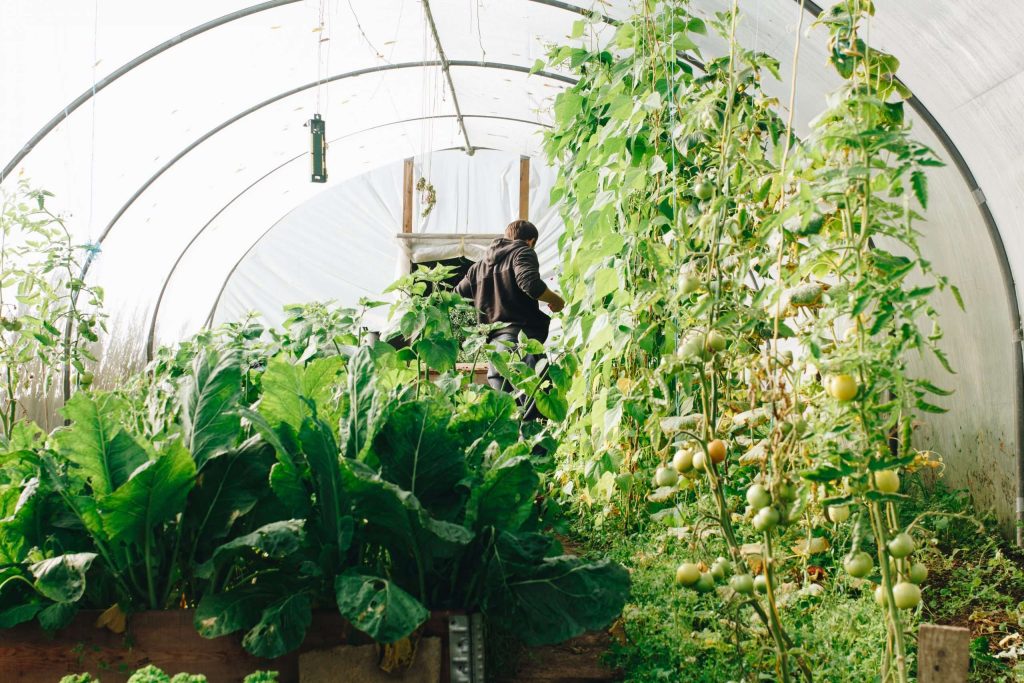
Grow your own
If you have particularly green fingers and a garden of your own, growing herbs, fruit and vegetables is a fantastic way to supplement the produce you buy elsewhere.
Over winter, garlic and broad beans can be planted in sheltered areas. Even carrots can be grown with the added protection of a cold frame. To grow herbs, you should bring them inside to protect them from the frost. Now is also a great time to prepare your soft fruit trees for next year by pruning them.

